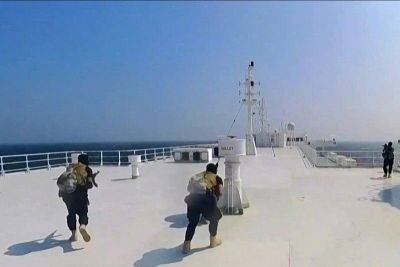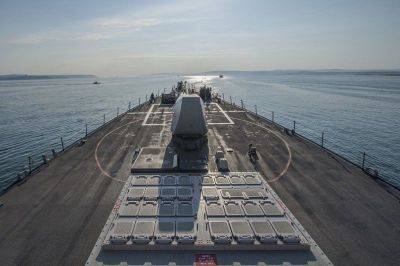Shipping companies suspend Red Sea transit
MAJOR container shipping companies have halted transits through the Red Sea, the Suez Canal and the Bab al-Mandab due to recent armed actions by the Houthi rebel group.
This pause in services could cover up to 85 percent of all container fleet crossings through the Suez Canal, according to S&P Global Market Intelligence.
The Houthi attacks do not seem to be specifically targeting vessels with Israeli affiliations, despite the group's allegations. S&P Global Market Intelligence's maritime tracking data contradicts the Houthi claim that the targeted vessels were bound for Israeli ports.
Jack Kennedy, head of Middle East and North Africa country risk at S&P Global Market Intelligence, said: «The Houthi — and by extension their main military backer Iran — are probably using their strike capability in the Red Sea to further exercise greater geopolitical influence in the region, in addition to influence on Israel's war in Gaza.»
The disruptions in global trade are significant, with over 14 percent of all Europe/Middle East and North Africa imports coming from Asia and the Gulf by sea, including crucial commodities like refined oil and crude oil. The automotive industry could face an outsized impact, with 41.3 percent of vehicles and 20.8 percent of parts shipped on the affected route.
Perishable goods like pork and milk may struggle to survive longer alternative routes due to disruptions during the off-peak shipping season.
Chris Rogers, head of supply chain research at S&P Global Market Intelligence, warns that consumer goods will face the largest impact. Short-term shocks include a shortage of imports followed by a surge as the global fleet accumulates.
Finding alternative routes is challenging due to practical or economic compromises.
Transits via the Cape of Good Hope add at least 10 days and over 15 percent to shipping costs. Land-based shipments involve crossing Russia, while trucking from the Gulf to Israel offsets only around 3 percent of shipping costs. The Panama Canal is already restricted, forcing major shipping to opt for Cape routes or transloading strategies.
Rogers added that «a reduction in commodity product crossings of Suez may drive a bifurcation in oil,







